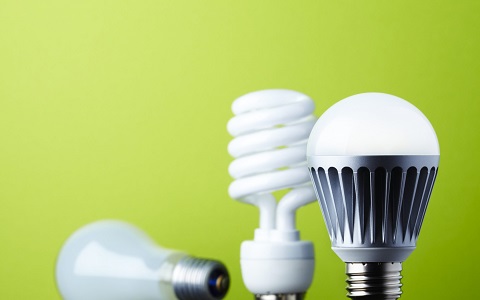

Sometimes ago, a medium-scale company contemplated replacing a 10KVA generating set in use because of a need to power two air conditioners in addition to the existing electrical appliances in the company.
A 15 – 18KVA diesel powered generating set was recommended until it was learnt that in addition to other equipment and gadgets, the generator powers 73 incandescent electric bulbs of 100watts each on the average.
The bulbs alone, consume more than half of the total power generated by the 10KVA generator.
After replacing the bulbs with 24watt fluorescent electric bulbs, which amazingly have brighter illumination, the two air conditioners were comfortably powered with all other appliances, gadgets, equipment and lightings with the same 10KVA generator.
The message from this is “why the same can’t be done nationwide to save electric power for other use?”
If it is possible, the importation or incandescent bulbs should be banned utterly or restrictions put in place.
This is because, a large percentage of lightings in Nigeria are still done by 60watts, 100watts, 200watts incandescent bulbs, when there are 4watt fluorescent bulbs that will give as much, if not better illumination.
A great deal of power consumption by street lights across the country can be conserved if halogen bulbs are replaced with florescent bulbs and LEDs (Light Emitting Diodes).
Technically speaking, a 36 watts LED bulb, if well reflected using silver coated aluminum, can give almost same illumination as a 250watts halogen bulb.
Computer monitors and Cathode Ray Tube, CRT televisions are the other ways through which Nigerians consume huge portion of superfluous electric power.
Sadly the old high-power-consuming CRT screens are flooding the nation’s ports and warehouses daily.
For instance, CRT screens costumes between 75 and 150watt of electricity while there are LCD and TFT screens with as little as 20watts.
If outright banning of importation of CRT monitors and TVs will be too stringent, a heavier duty may be imposed to discourage its use.
Furthermore fairly used air conditioners, freezers and refrigerators are other ways through which a lot of electric power is being misused as these appliances consume double the average electric power.
At this juncture, power generating companies, should as a matter of priority, locate transformers closer to the consumers to reduce power loss by electric carrying cables.
Also use they should provide digital meters which would make it possible for all consumers to be in absolute control of their consumption.
Moreover, all electrical and electronic equipment without the energy saving certification stamp should not be imported.
Nigeria Electricity Regulatory Commission, NERC, should cap all these efforts by sensitising the nation on the type of electrical appliances to use, those not to use and how and when to use them, all at their own advantage and for the benefit of the entire populace.
Imbibing the practice of using a central surge protector instead of using as many as seven overrated voltage stabilizers in a house can go a long way in alleviating the power crisis in the nation.
Moreso, virtually all modern household electronics come with in-built voltage regulator which makes the use of surge protectors redundant.
If these and other ways of minimizing energy consumption are put into practice, a large portion of megawatts of electricity usable for other economic purposes could be saved.
Taiwo Falae